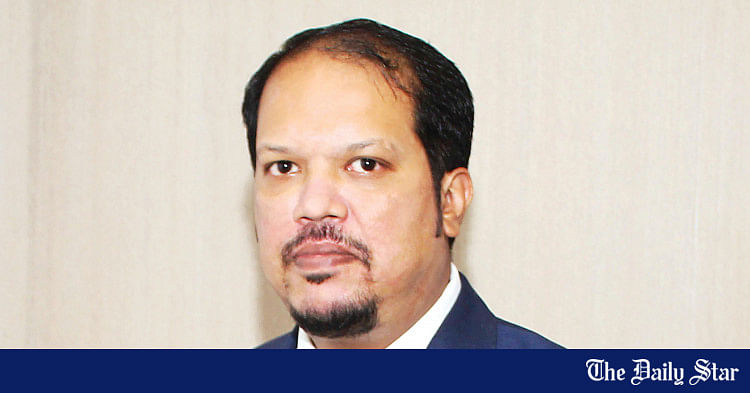Our Terms & Conditions | Our Privacy Policy
SMEs: Start locally, think globally
Since the country’s independence in 1971, small and medium enterprises (SMEs) have played a pivotal role in GDP growth, employment, income generation, and local development. However, despite their substantial potential, most Bangladeshi SMEs struggle to transition from local markets to global trading platforms. It is embarrassing that, despite having immense potential to shine on the global stage, our entrepreneurs remain constrained by local limitations and fail to become formidable players in the international market.
Now, at the beginning of 2025, Bangladesh stands at a critical crossroads in its history. The nation must refocus its attention on SMEs from a fresh perspective. First and foremost, government support must be leveraged to help SMEs represent themselves globally. The government should expand policy support and incentivise entrepreneurs to promote SME exports on a broader scale. Entrepreneurs, in turn, should take advantage of initiatives such as export subsidies, training programmes, and trade fairs and similar entities. Additionally, the government should develop a robust business plan encompassing export strategies, target markets, and potential challenges.
For all latest news, follow The Daily Star’s Google News channel.
Capacity building and skill development remain major barriers to global expansion. Training programmes focused on global trade, export procedures, digital marketing, and letters of credit (LC) can equip entrepreneurs with the necessary skills to succeed globally. Collaborating with institutions like the SME Foundation and trade associations can facilitate such training. In terms of capacity building, more emphasis should be placed on audiovisual content available on digital platforms. This approach can help overcome geographical barriers and support better time management for entrepreneurs. Digital tools and e-commerce platforms can also enable SMEs to reach a global audience. Entrepreneurs should invest in user-friendly websites, enhance their online presence on social media, and leverage global marketplaces.
Most Bangladeshi enterprises face significant challenges in securing adequate financing. High interest rates, lack of collateral, and limited access to alternative funding sources hinder their ability to invest in global expansion. To address these challenges, the government, NGOs, and international donors should offer more financing schemes and grants tailored specifically for SME exports. Additionally, mitigating currency risks should be a strategic priority in international trade.
For global acceptance, obtaining internationally recognised certifications, such as ISO standards, can significantly boost buyer confidence. SMEs in Bangladesh should focus on improving production processes, operational efficiency, adopting green business practices, ensuring superior quality control, and achieving high packaging standards to compete with top global players. Collaborating with international merchants, agents, and trade intermediaries can also help SMEs access new markets. Participation in global trade fairs and business matchmaking events can open doors to valuable connections.
In the context of global trade, branding with a unique selling proposition (USP) distinguishes one enterprise from another and creates demand for its products or services. SMEs should invest in building a distinctive brand identity that resonates with international audiences.
Through determination, innovation, and visionary strategic planning, Bangladeshi SMEs can overcome barriers and become competitive players on the global stage. By fostering synchronisation between the government, financial institutions, donors, NGOs, and the private sector, Bangladesh’s SMEs have the potential to transform the nation into a global trading powerhouse. If we do not start thinking big now, it may never happen.
The writer is a banker
Images are for reference only.Images and contents gathered automatic from google or 3rd party sources.All rights on the images and contents are with their legal original owners.



Comments are closed.